The Top 10 Foods That Boost Your Brain Health
Some foods have brain-protective nutrients that help prevent the negative effects of aging. Add these 10 superfoods to your diet to boost your brain health today.
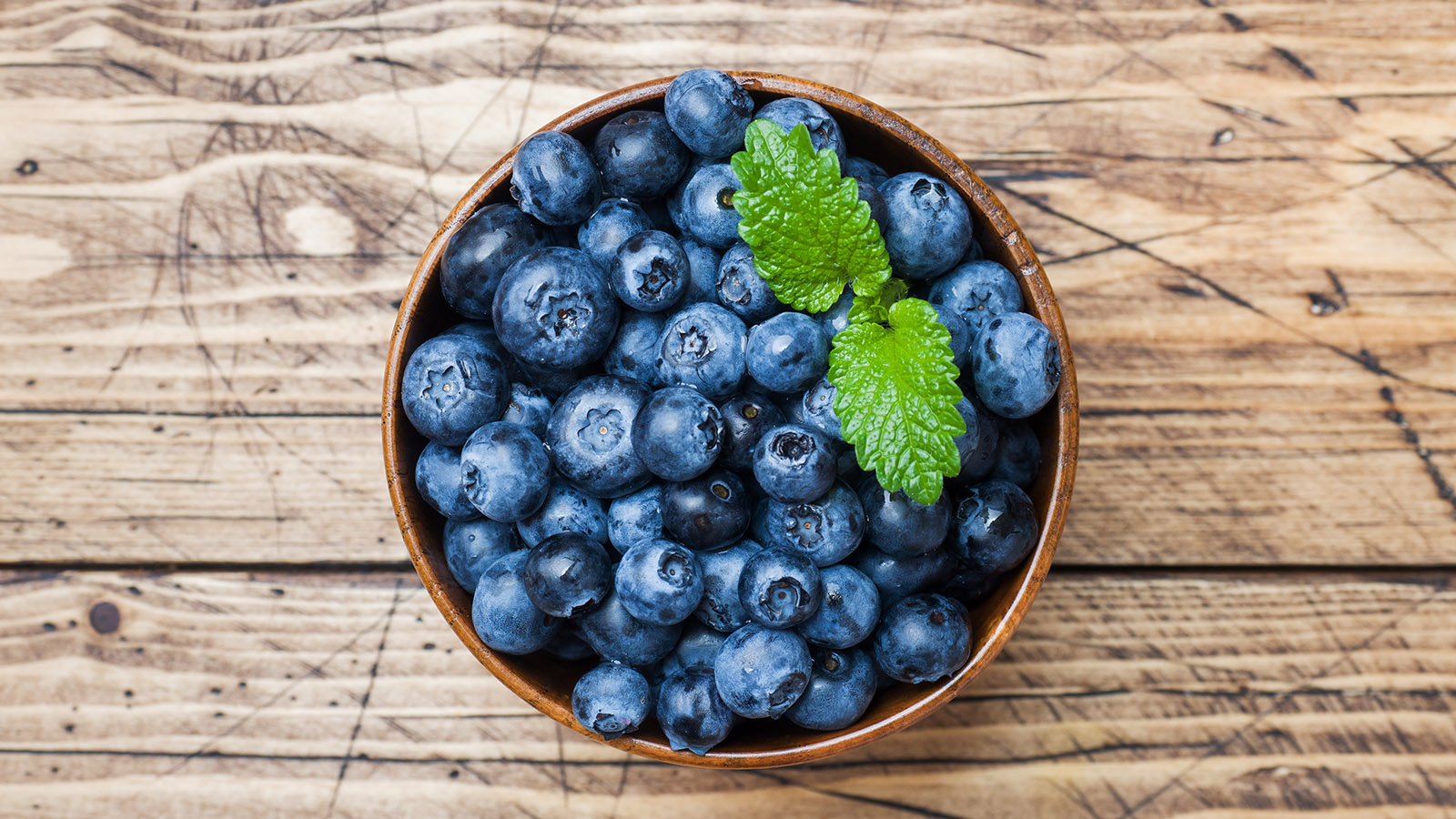
By Erin Wickersham, RDN, Patient Education Coordinator, Virtua Nutrition & Diabetes Care
These 10 diverse superfoods have one amazing thing in common: they all contain brain-protective nutrients that can impact how you think and feel and prevent some of the negative brain changes associated with aging. To boost your brain function, try adding these foods into your diet.
Ten superfoods that can improve brain health
Blueberries: packed with antioxidants that protect the brain from oxidative stress
In adults, the hippocampus (the part of the brain that’s a center for memories, emotions and spatial orientation) loses about 1% of its volume each year. Research has shown that eating blueberries, which contain brain-preserving phytochemicals, can prevent and possibly even reverse the shrinkage that’s associated with the onset of dementia and Alzheimer’s disease.
Green leafy vegetables: rich in folate and vitamin K, known to support cognitive function
Green leafy vegetables, like spinach, kale, escarole, collards, and arugula, are the most important of all veggies to protect the brain from cognitive decline. A study showed that eating leafy greens delayed cognitive aging by 11 years. Try to consume one cup raw or a half cup cooked greens each day. Many of the brain-boosting phytonutrients in leafy greens are fat soluble and are best absorbed when served with healthy fats like olive oil and avocados.
Salmon: a top source of omega-3 fatty acids, essential for brain development and memory
Inflammation is bad for your brain, and fatty fish like salmon is rich in omega-3, which is great for its anti-inflammatory properties. Recent studies have even suggested that omega-3 fatty acids might help with depression, ADHD, dementia, and Alzheimer’s disease. If you can afford it, wild salmon has even more of these nutrients than farmed salmon. For a delicious way to prepare it, here’s a recipe for salmon with cilantro pesto.
Beans: providing steady glucose, the brain’s main energy source, for sustained focus
Beans are high in folate and B-vitamins, and research suggests these nutrients help prevent or slow brain shrinkage. Eat any bean you like—they’re all great for you. Chickpeas, northern white beans, and black beans are great in salads and provide a healthy base for dips like hummus. Pureed cannellini beans also make a great base for a sauce. What’s more, the high soluble fiber in beans feeds the good bacteria in your gut that, in turn, lowers inflammation throughout your body.
Dark chocolate: containing flavonoids that may enhance memory and mood
As you eat dark chocolate, the helpful nutrients (flavonoids) immediately begin to improve blood flow to your brain. These nutrients can boost your working memory and problem-solving skills. They also increase the amount of nitric oxide that is produced by the cells that line the inside of all blood vessels. This nitric oxide has an anti-inflammatory effect. It’s best to cook with unsweetened dark chocolate powder because it’s packed with helpful flavonoids and has no sugar.
Coffee and tea: natural sources of caffeine and antioxidants that boost alertness and mental clarity
Both coffee and tea can decrease the calcification of blood vessels. Tea is even better, since it has less caffeine than coffee. Tea also contains a phytochemical called theanine, which has both a calming and stimulating effect, and that also increases dopamine, a feel-good brain chemical.
Turmeric: containing curcumin, which has anti-inflammatory properties and supports memory
Bright yellow turmeric is a spice commonly found in Indian curries and mustard, but you can easily add it to any number of dishes. You can sprinkle it into anything you cook, as the flavor is mild, and it blends well with almost all soups and sauces.
Turmeric helps remove a specific plaque in the brain that contributes to Alzheimer’s disease. But, eat the real spice and avoid the supplements. Only the spice itself has the antioxidant properties that are most effective in boosting brain health.
Tomatoes: rich in lycopene, an antioxidant linked to improved brain health and reduced cognitive decline
Cooked tomatoes contain high amounts of lycopene, an antioxidant found in many red, orange, and yellow fruits and vegetables. Lycopene reduces oxidative stress, which is damaging to your brain. Tomato sauce and sofrito, two popular Italian and Latin-American foods, are great ways to load up on lycopene.
Pistachios: providing healthy fats and vitamin B6, which help maintain neurotransmitter balance
Pistachios are very high in vitamin E, which has well-documented brain-protective qualities. The natural oil in pistachios can also prevent brain inflammation, and some studies even suggests it can reduce frontal lobe shrinkage in those who’ve experienced certain brain injuries. Keep your portion size to a small handful.
Learn how to incorporate brain-boosting foods with a registered dietitian
Schedule an appointment with a Virtua registered dietitian to build a personalized nutrition plan today. Virtua registered dietitians offer in-person and telehealth appointments.
There's So Much More to Explore
Discover expert insights, inspiring stories, health tips, and more by exploring the content below!

Understanding Food Addiction: Causes, Symptoms, and Recovery Strategies

10 Hand Washing Tips to Keep You Healthy All Year

How Exercise Helps Fight the Winter Blues and Improve Your Mood

8 Stretching and Balancing Exercises for Older Adults

Cervical Cancer Screening Guidelines: What You Need to Know

Healthy Snack Recipes for Kids: Fast, Fun, and Full of Flavor

What To Eat Before And After Your Workout

HeartTalk Magazine

How to Spot the Early Signs and Symptoms of a Stroke

Healthy Takeout Made Easy: What to Order for Better Nutrition

How Weight-Loss Surgery Can Improve Diabetes, Heart Health, and More

How to Achieve Your Health Goals This Year

Why Weight Loss Plateaus Happen (And What to Do Next)

Knee Replacement Rehab: 7 Exercises to Restore Your Strength and Range of Motion

Are You Eating Too Much Salt? High-Sodium Foods to Watch For

Caregiving During the Holidays: Ways to Manage Stress and Find Joy

Bioidentical Hormone Replacement Therapy Pellets: Relief for Menopause and Andropause Symptoms

COVID-19 Vaccines and Pregnancy: FAQs

How to Exercise Safely with Asthma: Tips, Triggers, and Rescue Inhaler Use

COMFORTing Tips to Avoid Holiday Heartburn

How to Tell the Difference Between Cold, Flu, and COVID-19

4 Exercise Tips to Help You Reverse High Blood Pressure

How to Bounce Back From Holiday Overeating

Daily Wellness Checklist: Simple Habits for Feeling Good Inside and Out

The Best and Worst Foods for Acid Reflux

3 Reasons Why Now's the Time to Find Relief From Varicose Veins

The Brain Health Checklist: 11 Questions Everyone Should Ask

How to Get and Stay Healthy This Fall

How to Reverse Prediabetes and Prevent Type 2 Diabetes

4 Sweet Halloween Tricks for Grown Ups Who have Diabetes

6 Ways to Get More Out of Your Daily Walk

Is Cancer Hereditary? What You Need to Know About Your Genetic Risks

Is Your Post-Pregnancy Belly Bulge a Sign of Diastasis Recti?

Fall Vegetables: The Health Benefits and Recipes to Try This Season

Your Guide to Mammograms: When to Get Screened and What to Know

The Top 10 Foods That Boost Your Brain Health

Is It Safe to Exercise During Pregnancy?

Prevent Yard Work Injuries: Tips for Mowing, Gardening, and Raking

Healthy Weight Gain During Pregnancy: A Guide for Moms-to-Be

How to Curb Nighttime Snack Cravings

Is Your Daily Walk Making You Really Sore?

IBS and Alcohol: Can You Still Enjoy a Drink?

Focus on Mental Health Is Key Part of Andrew's Weight-Loss Journey

What You Need to Know About Epilepsy

'Feeling Joy Again': ECT Brain Stimulation Therapy Restores Ashley's Well-Being

3 South Jersey Farmers Markets You Must Visit This Fall

Easy, Healthy Lunch Ideas for the Beach

5 Best Biking Trails In South Jersey

Why Coffee Makes You Poop: A Comprehensive Guide

How to Stay Cool and Prevent Heat Illness All Summer Long

Do Not Get Burned by These Sunscreen Myths

Beat the Bugs and Save Your Summer

How to Have a Healthy Pregnancy if You're Overweight

Why You Get Sick on Vacation (and How to Stay Healthy While Traveling)

6 Hot Tips for a Safer Summer

4 Surprising Health Truths You Should Know

5 Interesting Facts About Your Heart

Is Low Sex Drive Normal? Revealing the Complex Causes of Low Libido in Women

5 Feel-Good Activities to Explore Around South Jersey

Stress Incontinence vs. Urge Incontinence: What's the Difference?

3 Changes You Can Make Today to Lower Your Cancer Risk

A Lung Cancer Screening Could Save Your Life

Take Pride in our Health: Must Dos for LGBTQ+ Preventative Care

Protect Yourself From Tick Bites and Lyme Disease

5 Light and Healthy Recipes Perfect for Spring

10 Quick Ways to De-Stress

4 Ways to Stay Fit and Healthy on a Budget

From Restless to Restful: How Movement Improves Sleep

5 Simple Ways to Spring Clean Your Wellness Routine

What Should You Do if You Slip, Fall, and Hit Your Head?

How Do You Manage the Side Effects of Weight-Loss Medications?

What You Need To Know About Stroke Treatment

Best Foods for Kidney Health

5 Essential Winter Foot Care Tips When You Have Diabetes

Your 10-Point Plan to Avoid Winter Weight Gain

Surprising Symptoms May Signal Stroke In Women

8 Key Steps to Better Blood Pressure Control

Gut-Healthy Recipe: Turmeric Chicken With Asparagus
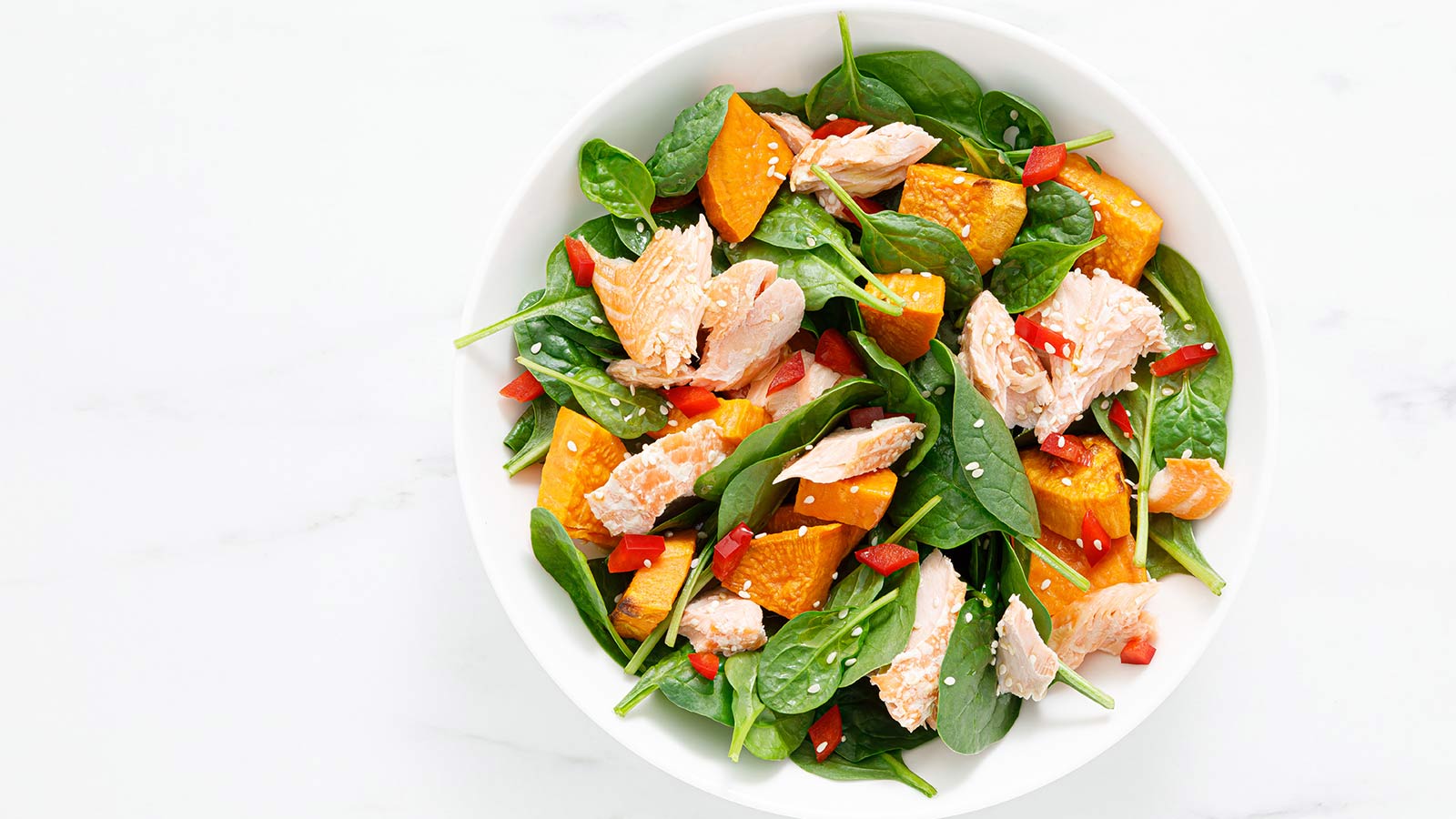
Gut Health Recipe: Chipotle Salmon and Sweet Potato Bowl

5 Back Stretches for the Work-From-Home Workweek

The HPV Vaccine: A Powerful Shield Against Cervical Cancer

How to Prevent and Treat Urinary Tract Infections

6 Numbers Key to Keeping Your Heart Healthy

4 Easy Ways to Treat and Prevent Runner's Knee

What is the 80/20 Diet Rule?

Quick Action Leads to Jesse's Recovery From Stroke

Five Mindfulness Tips That Can Help Heal Your Heart
Working from Home? Take a Quick Break to Stretch Your Wrists

Love Your Heart: Essential Care Tips for Every Stage of Life

How Do I Measure My Blood Pressure at Home?

How Do I Improve My Cholesterol Levels?

3 Ways to Reduce Your Stroke Risk
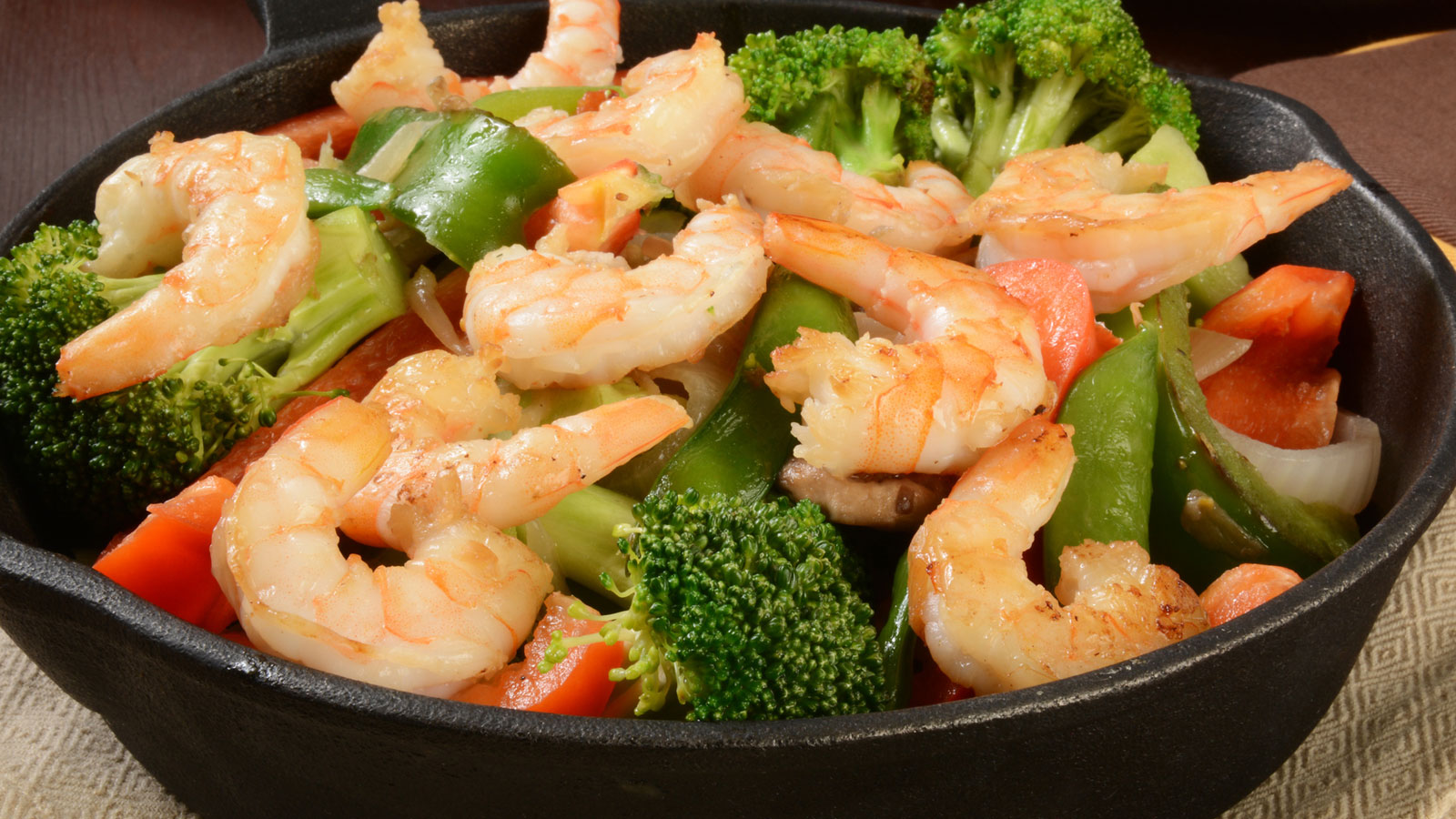
Gut-Health Recipe: Shrimp and Vegetable Stir Fry
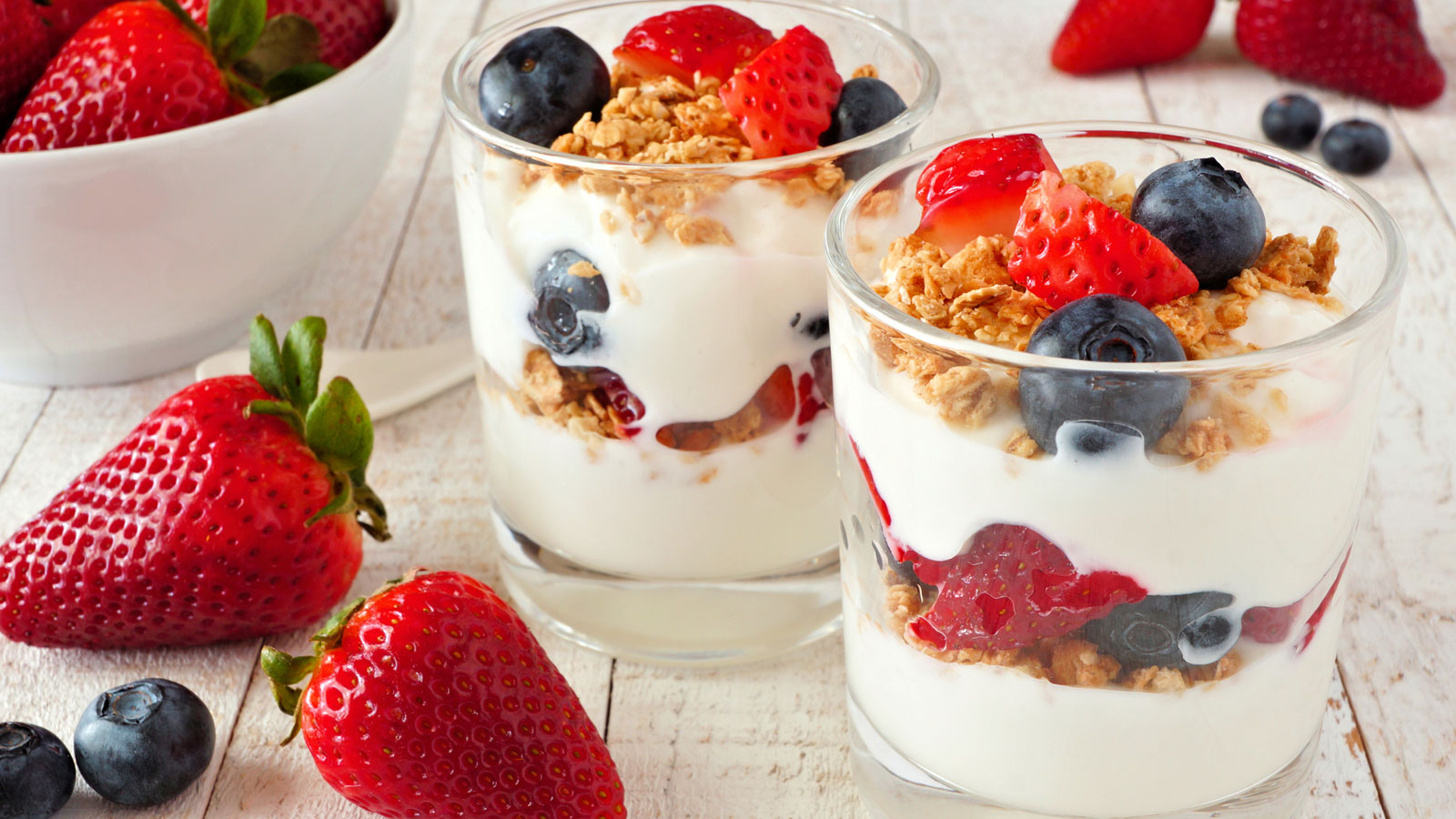
Gut-Health Recipe: Berry Yogurt Parfait
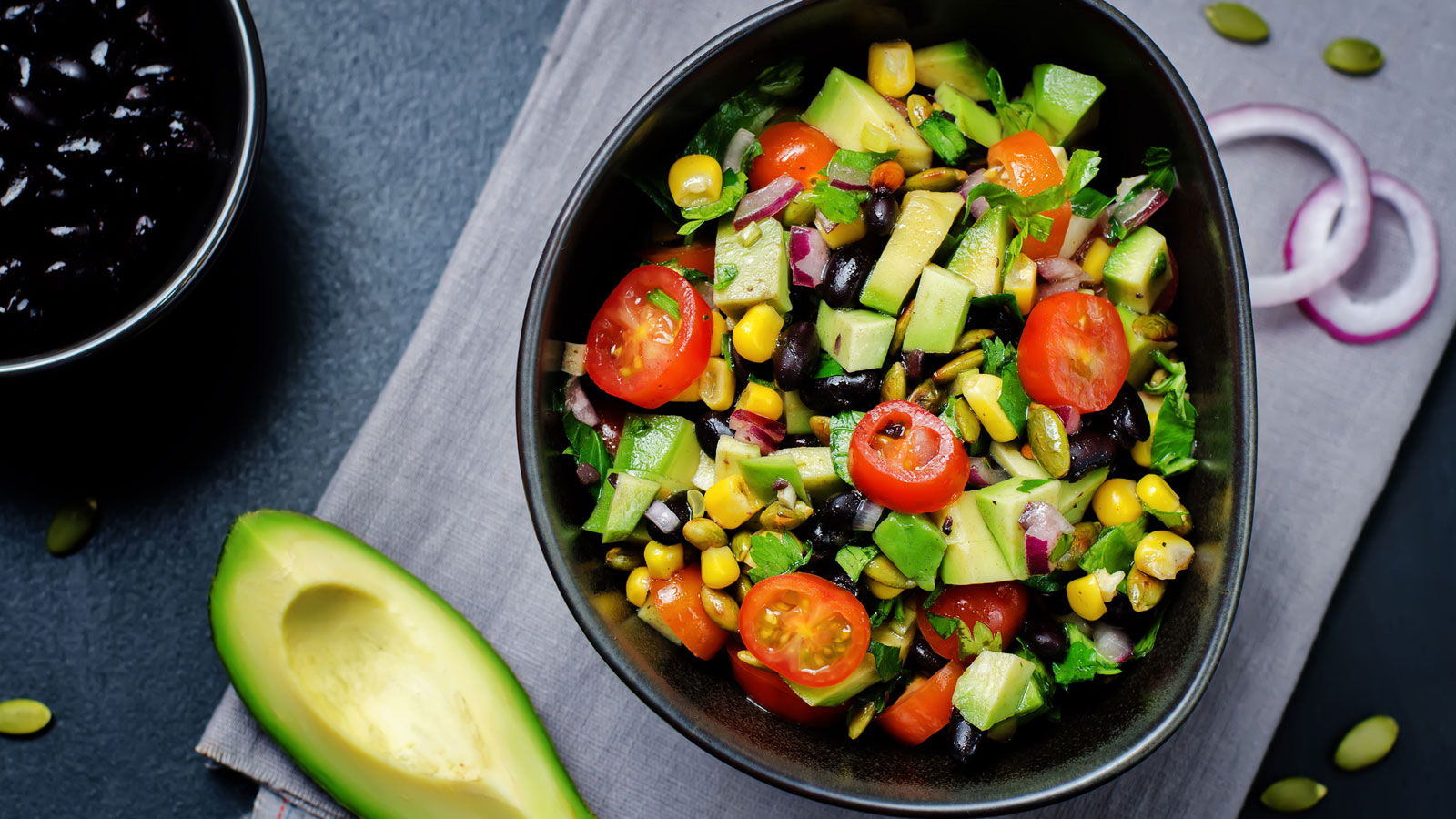
Gut-Health Recipe: Avocado and Black Bean Salad
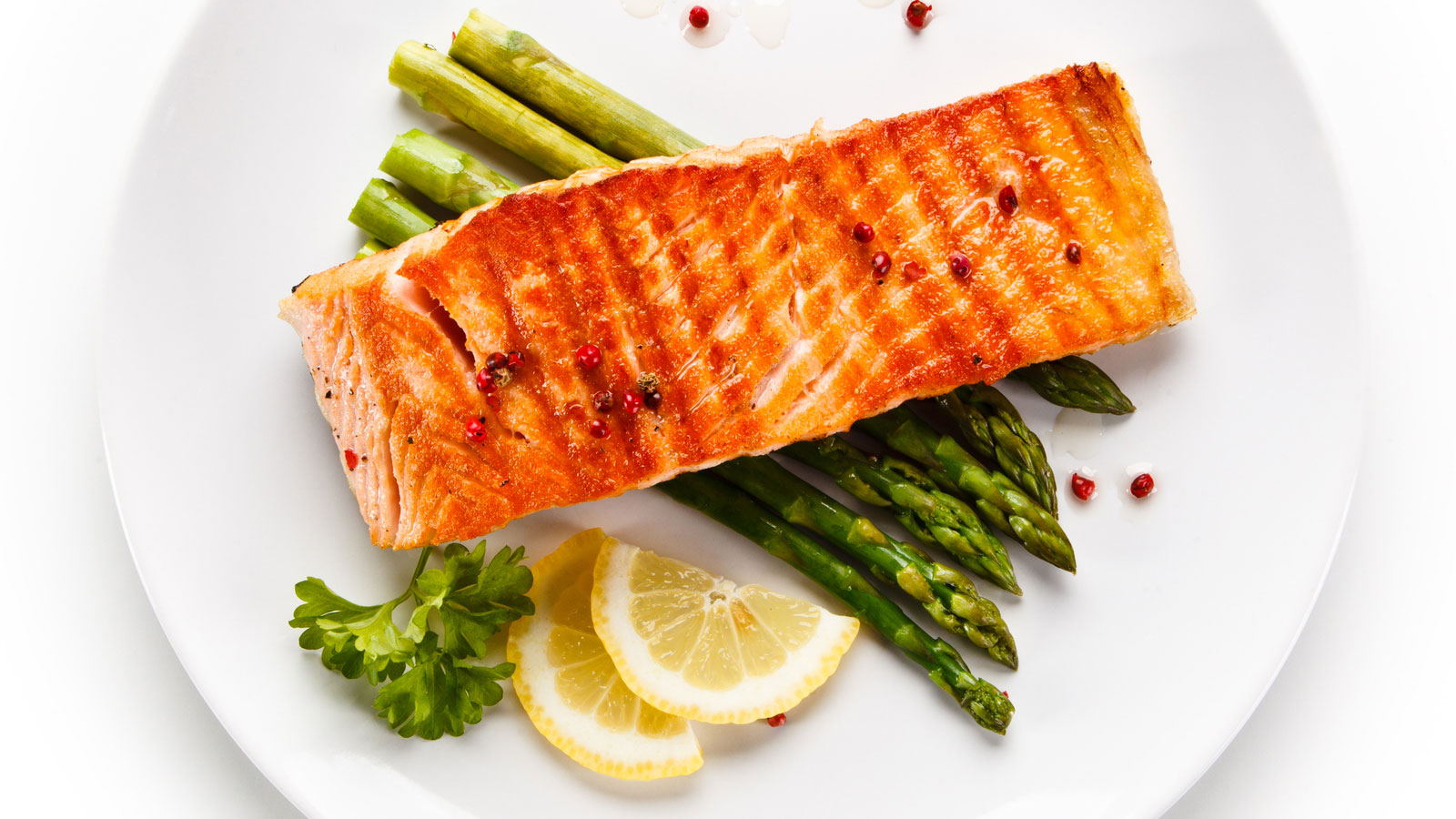
Air Fryer Salmon with Roasted Asparagus
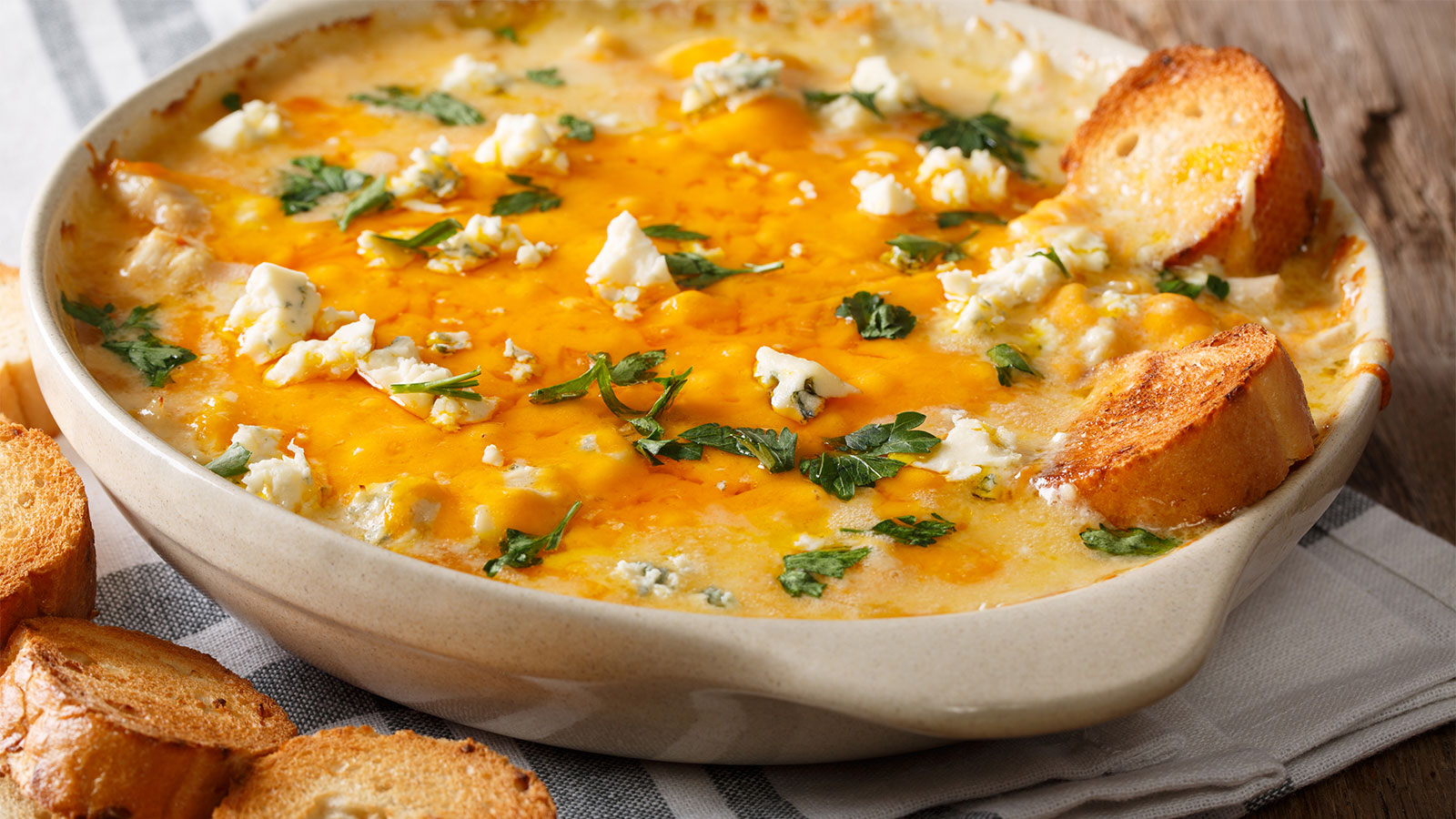
Healthy Gameday Snacks: Buffalo Chicken Dip
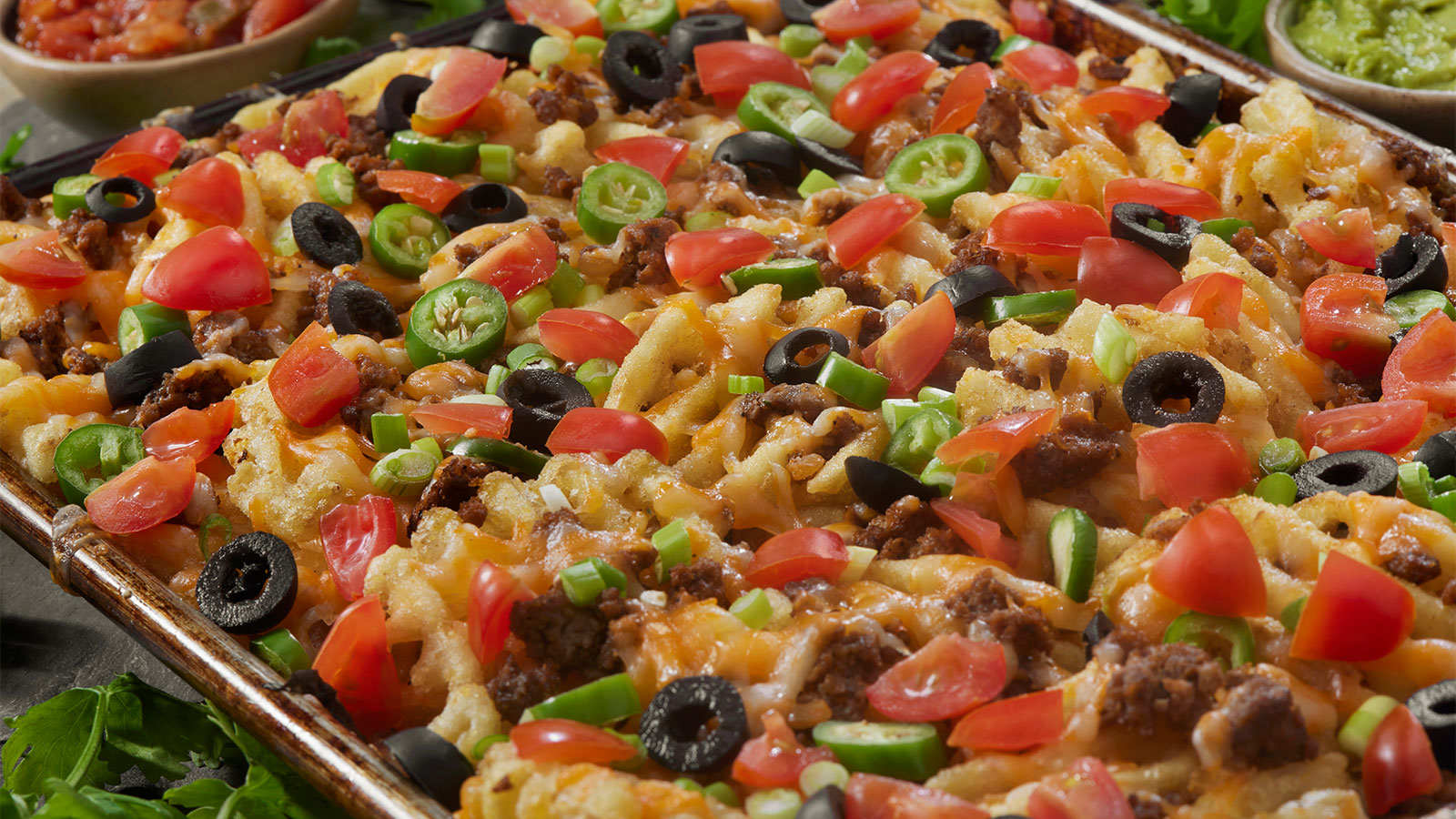
Healthy Gameday Snacks: Sheet Pan Nachos
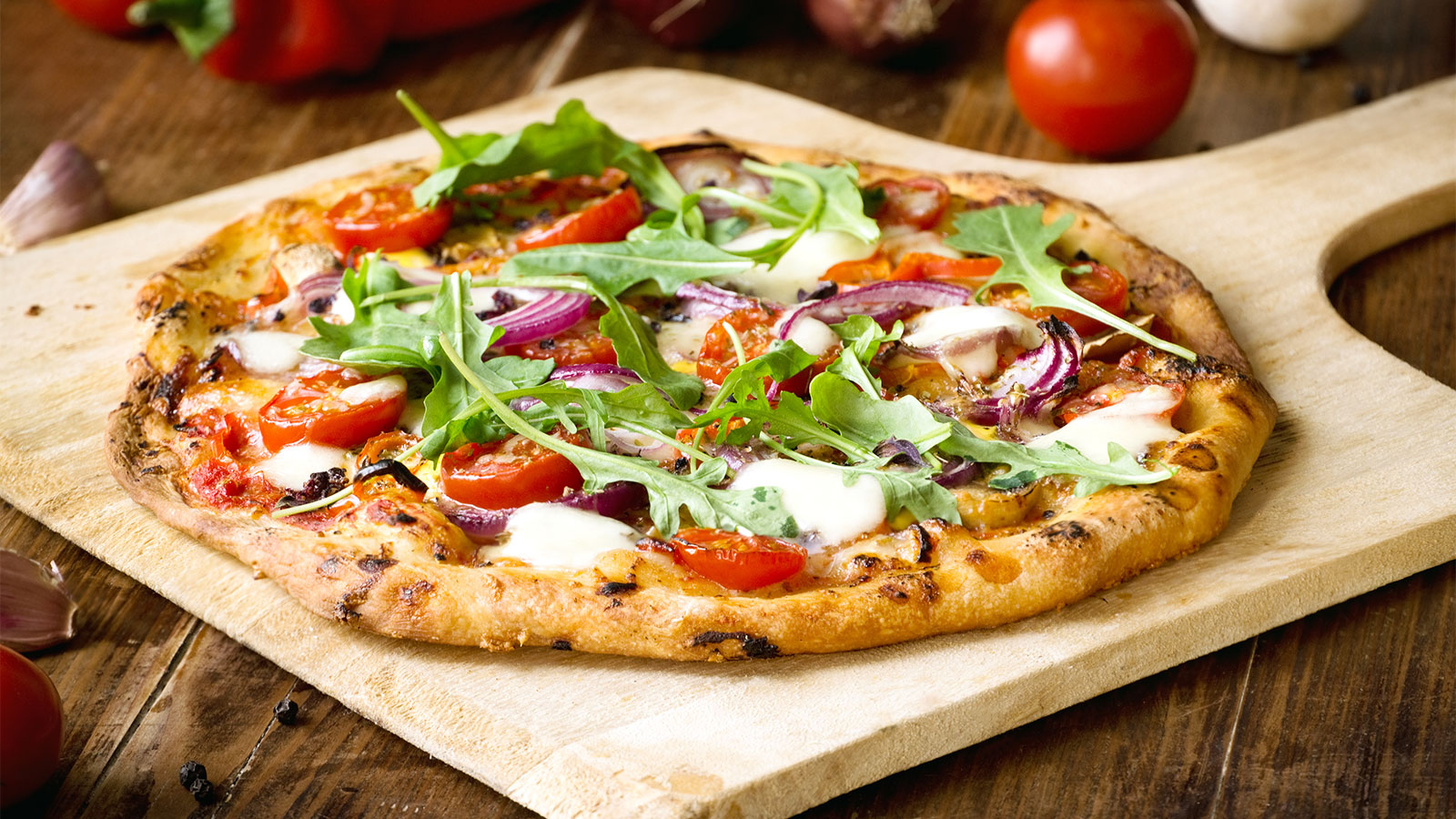
Healthy Gameday Snacks: Healthier Homemade Pizza
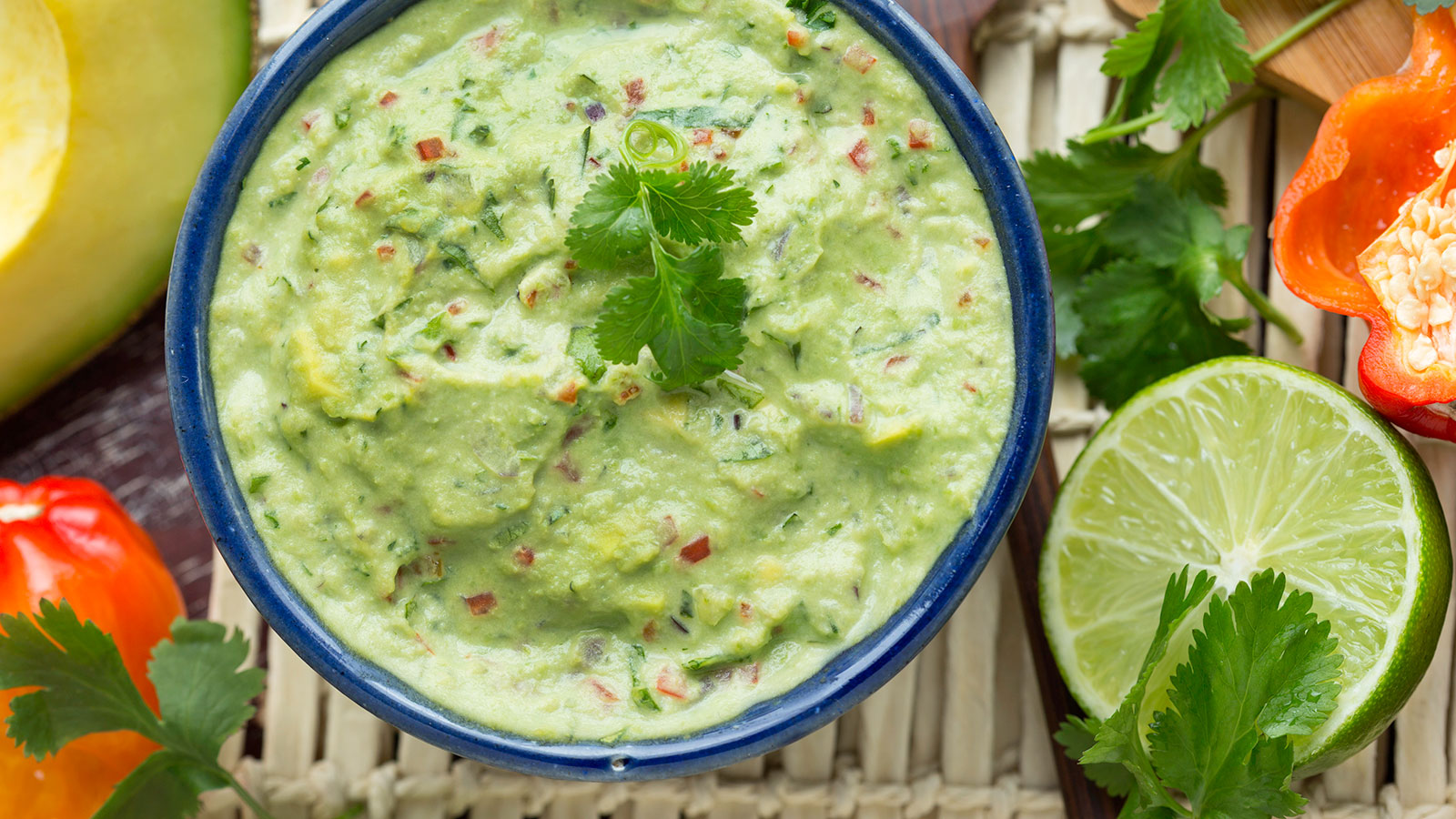
Healthy Gameday Snacks: Healthier Guacamole
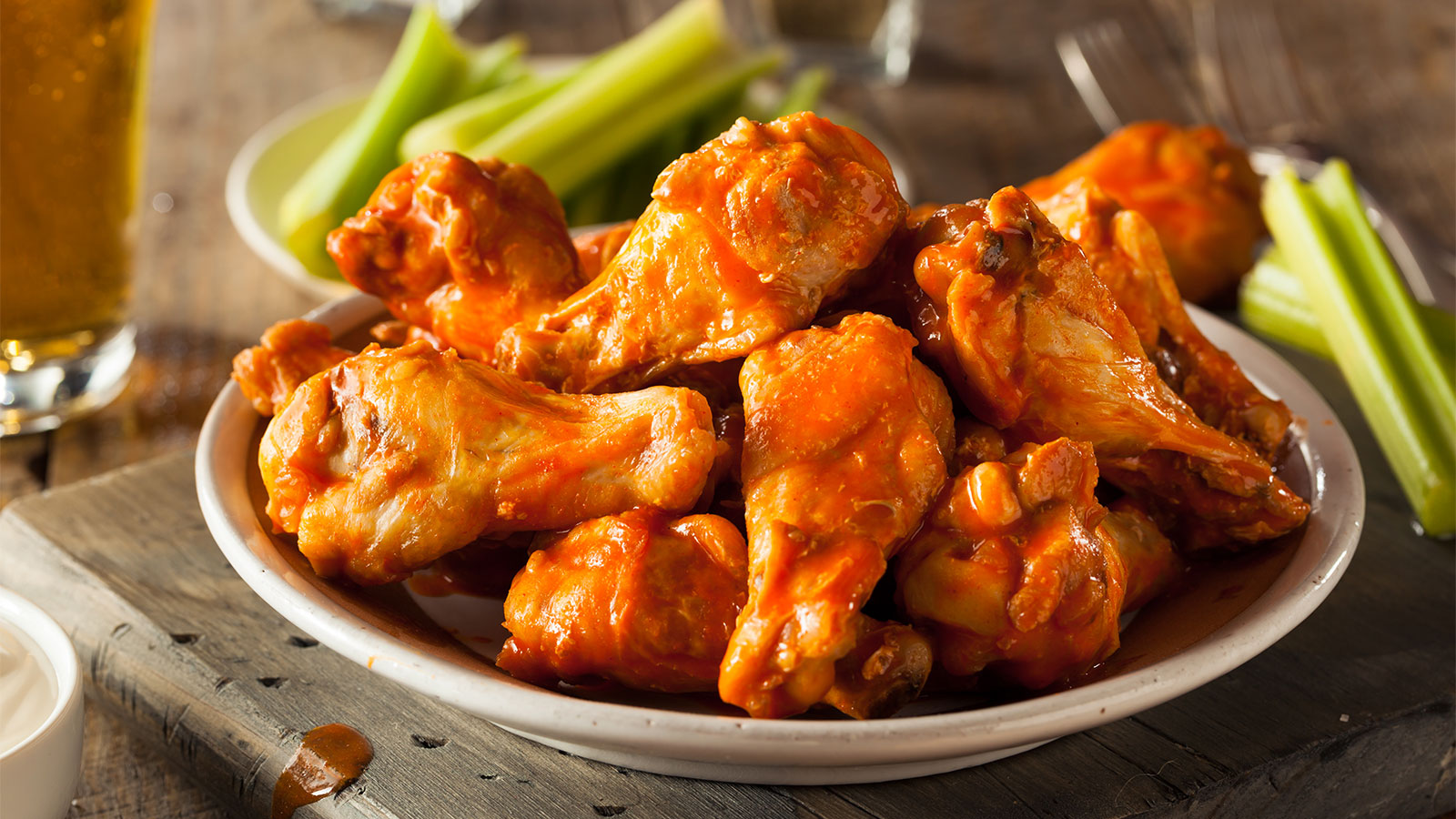
Healthy Gameday Snacks: Air Fryer Buffalo Wings

5 Delicious and Healthy Gameday Snacks

How Sex Keeps You Healthy as You Age

Protect Your Child From HPV and Related Cancers

Why IUDs Might Be The Most Effective Birth Control

5 Things You're Too Embarrassed to Tell Your OBGYN

4 Not-So-Crazy Questions to Ask Your Doctor

The Top 10 Foods For A Healthy Diabetes Diet
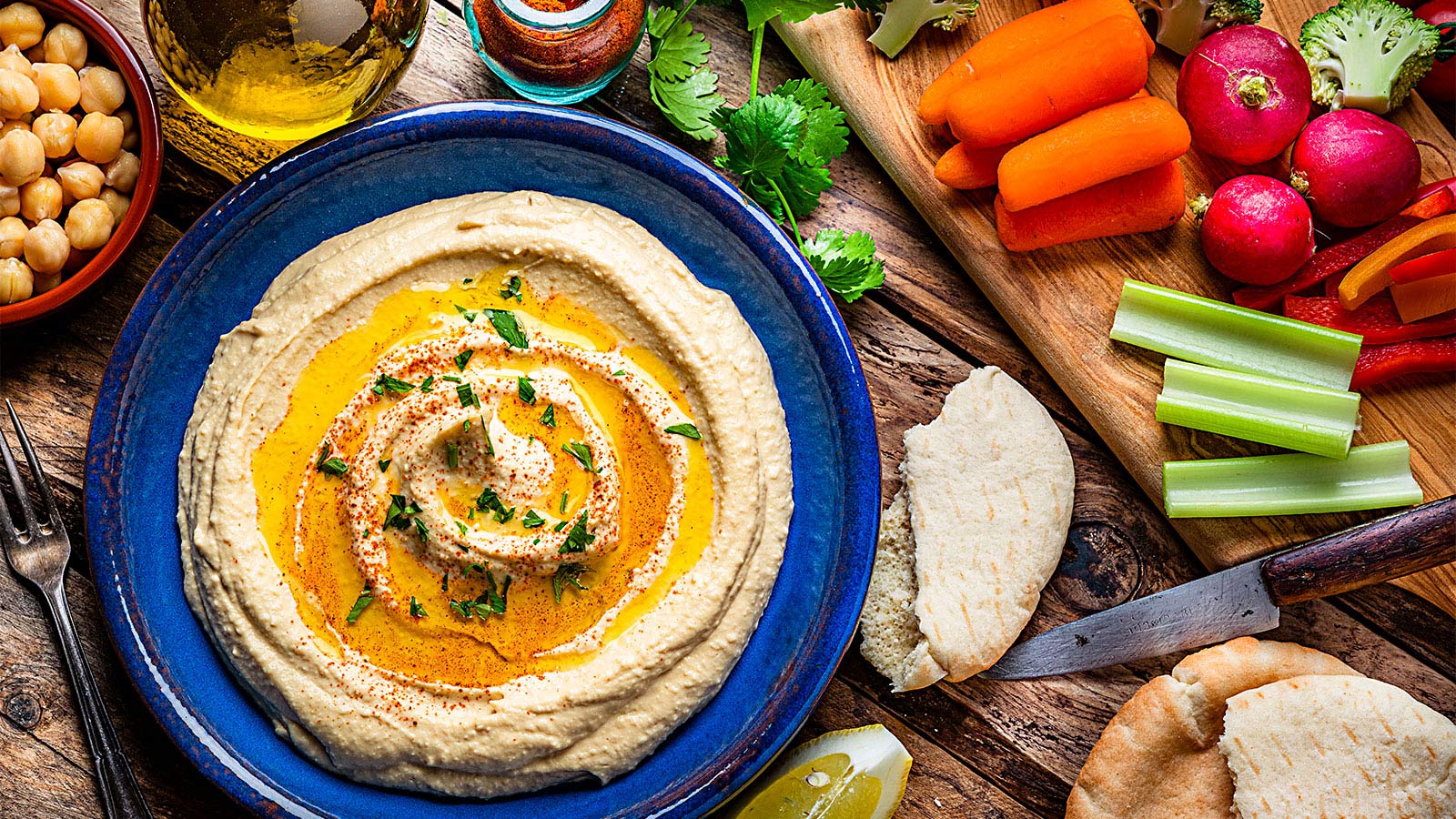
Heart-Healthy Summer Recipe: Hummus and Veggies

4 Delicious Heart-Healthy Recipes Perfect for Summer

Heart Healthy Summer Recipe: Dessert Parfait
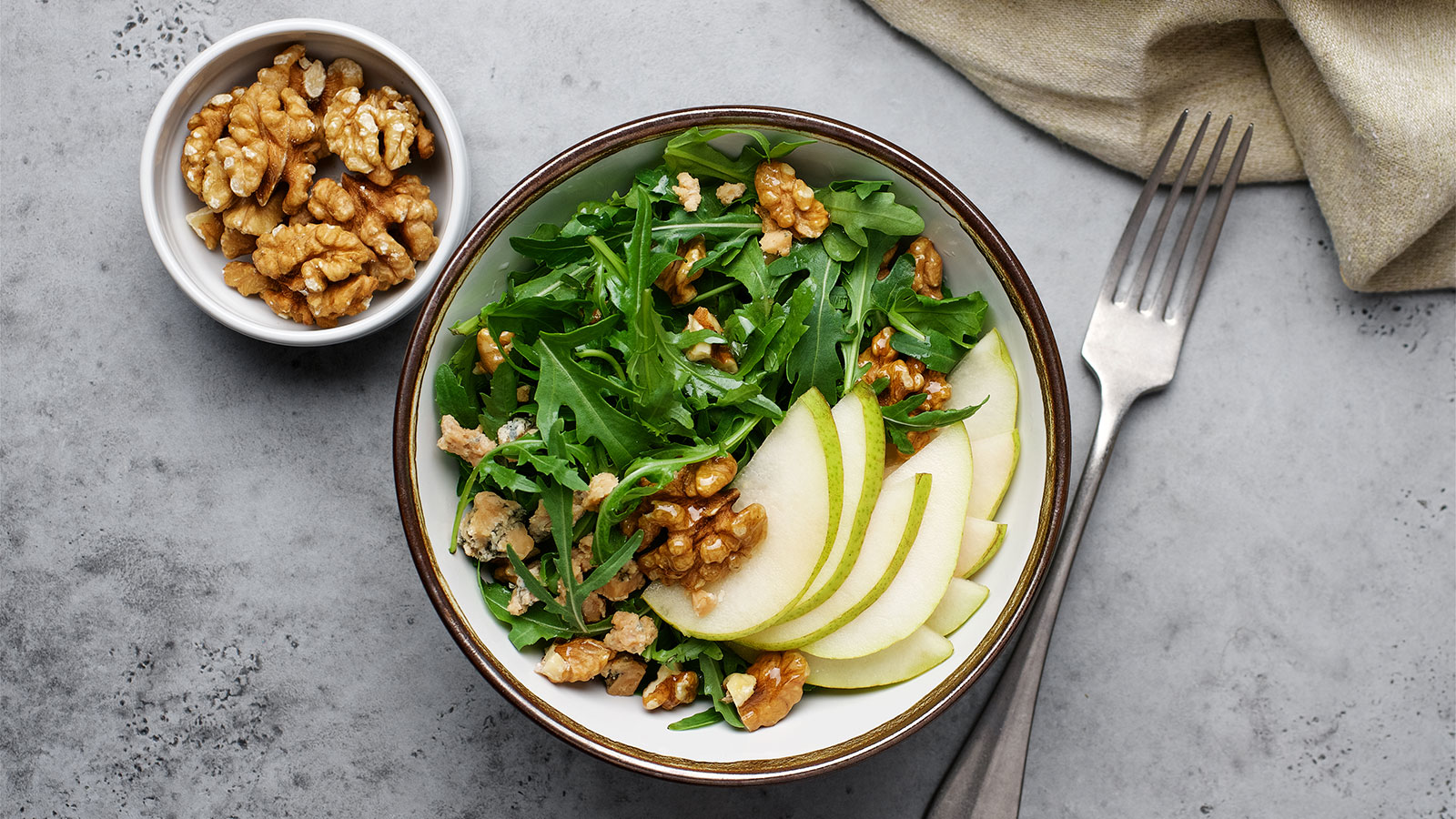
Heart-Healthy Summer Recipe: Pear and Walnut Salad
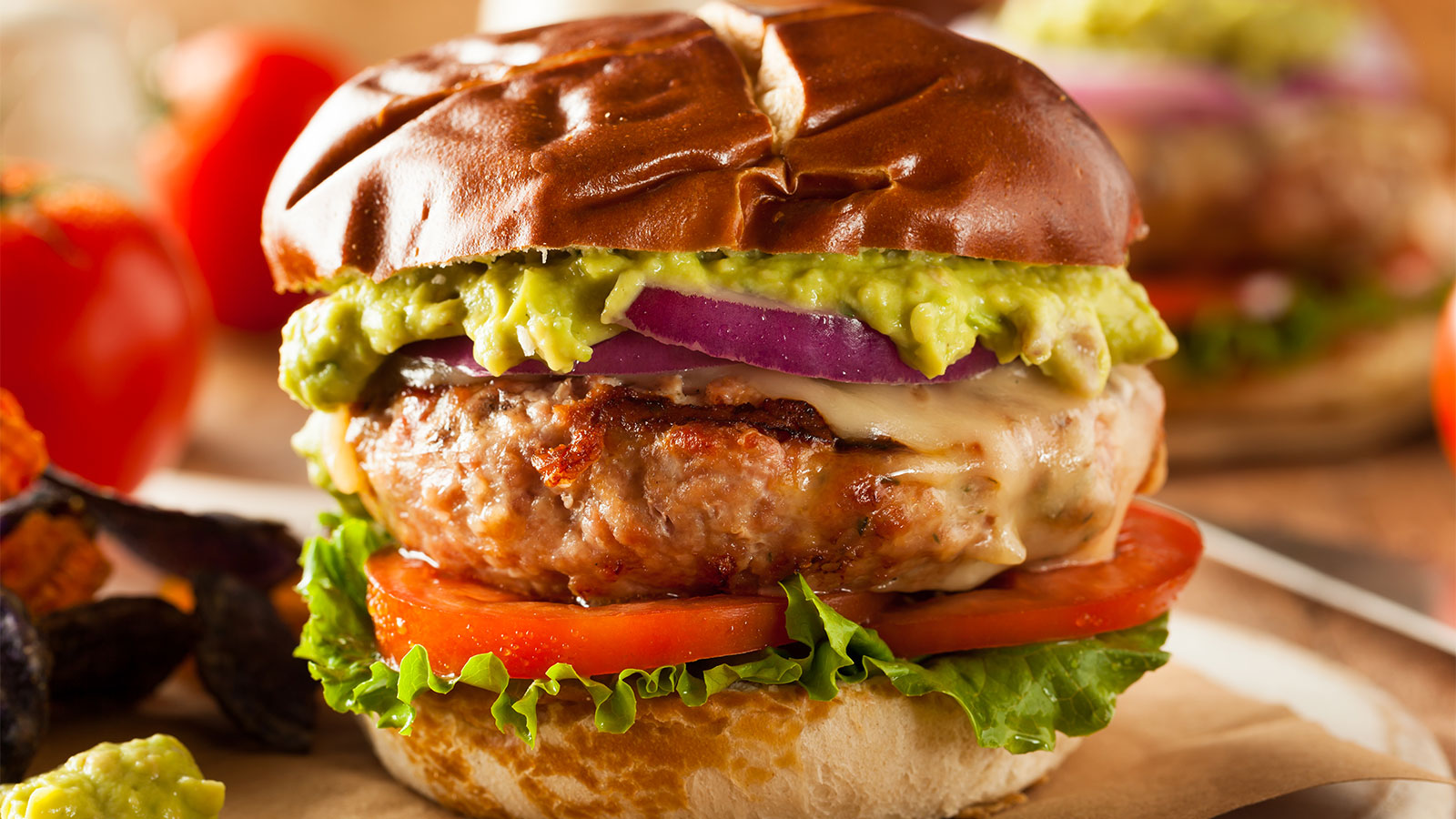
Heart-Healthy Summer Recipe: Terrific Turkey Burgers

